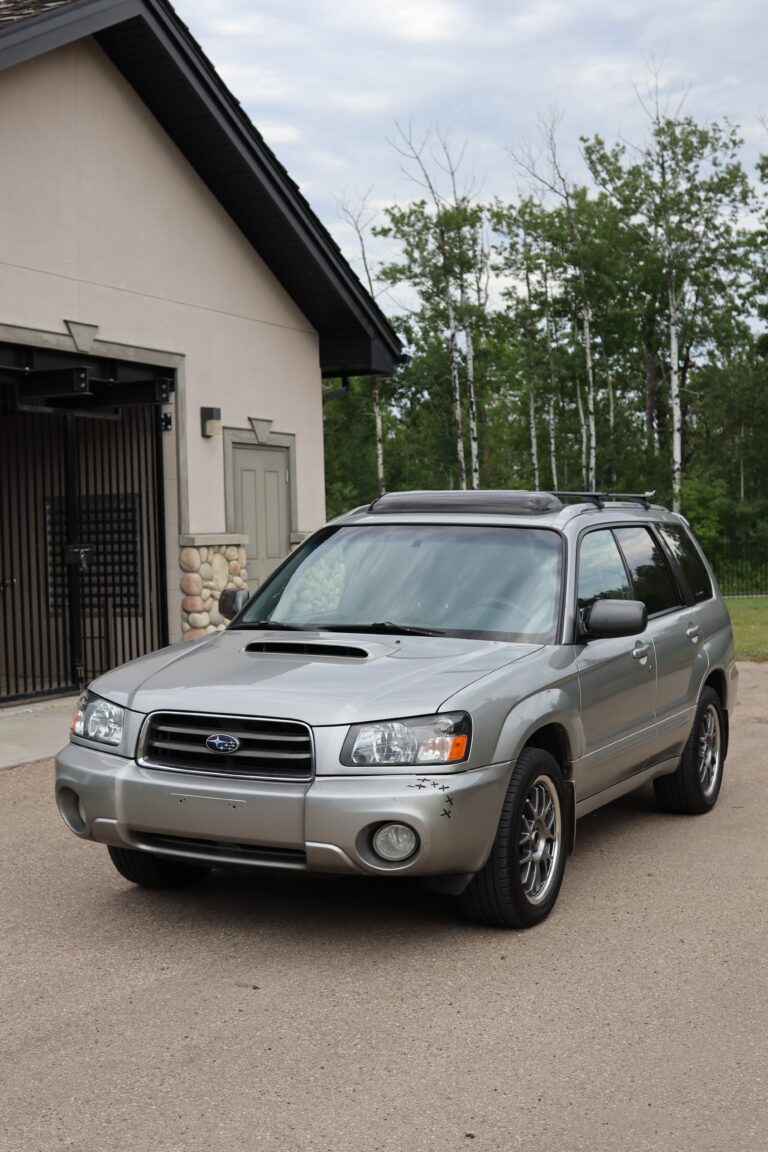What is Public Liability Insurance? What are the Top Public Liability Insurance Companies in the US?
What is Public Liability Insurance
Public liability insurance is a type of insurance that protects businesses and individuals from financial losses if they are found to be responsible for causing injury or damage to a third party or their property. This type of insurance can cover legal costs and any compensation that may be awarded to the injured party. It is typically required by businesses that have customers or clients visiting their premises, or that work in public spaces.
Types of Public Liability Insurance
There are several types of public liability insurance, including:
- General liability insurance: This type of insurance covers common risks such as property damage, bodily injury, and personal injury to a third party as a result of your business activities.
- Products liability insurance: This type of insurance covers risks associated with the sale of products, including injuries or damage caused by a defect in the product.
- Professional liability insurance: This type of insurance covers risks associated with errors or omissions in professional services, such as malpractice in the medical or legal fields.
- Environmental liability insurance: This type of insurance covers risks associated with environmental damage, such as pollution or contamination caused by your business activities.
- Cyber liability insurance: This type of insurance covers risks associated with data breaches and hacking, and can help cover the costs of notifying affected parties, credit monitoring, and legal fees.
- Employers’ liability insurance: This type of insurance covers risks associated with employees and their injuries as a result of their work.
It’s worth noting that some of these types of insurances are mandatory for certain types of businesses and activities, and some are optional. It’s important to consult with an insurance professional to determine which type of public liability insurance is appropriate for your business.
What is the Cheapest Place to Get Public Liability Insurance in the US?
The cost of public liability insurance can vary depending on a number of factors, including the type of business, the level of coverage required, and the location of the business. In general, the cheapest place to get public liability insurance in the US would be a location with a lower risk of accidents or claims.
That being said, it’s important to note that the cheapest option may not always be the best option for your business. It’s important to shop around and compare coverage and pricing from multiple insurance providers, and to consult with an insurance professional to determine the right level of coverage for your business.
Additionally, some organizations and industries may have access to specialized insurance programs that offer lower rates. For example, some trade associations and professional organizations offer liability insurance to their members at discounted rates. Also, some states have government-run insurance programs that may be less expensive than private insurance options.
Therefore, it’s best to compare prices from different providers, understand what’s covered and what’s not and consult with an insurance professional to determine the best options for your business.
What are the Top Public Liability Insurance Companies in the US?
There are many companies that provide public liability insurance in the United States. Some of the top companies include:
- The Hartford: The Hartford is a well-established insurance company that offers a variety of insurance products, including general liability insurance.
- Chubb: Chubb is a leading provider of commercial insurance, including public liability insurance.
- Travelers: Travelers is a large insurance company that offers a wide range of insurance products, including public liability insurance.
- CNA: CNA Financial Corporation is a large commercial insurance company that offers public liability insurance, among other types of coverage.
- Nationwide: Nationwide is a large insurance company that offers a wide range of insurance products, including public liability insurance.
- AIG: American International Group, Inc. (AIG) is a leading provider of commercial insurance, including public liability insurance.
- The Hanover Insurance Group: The Hanover Insurance Group is a well-established insurance company that offers a variety of insurance products, including general liability insurance.
- Zurich: Zurich Insurance Group is a large commercial insurance company that offers public liability insurance, among other types of coverage.
- Liberty Mutual: Liberty Mutual is a large insurance company that offers a wide range of insurance products, including public liability insurance.
- Allianz: Allianz is one of the largest global insurance and financial service companies, that offers public liability insurance among other types of coverage.
It is worth noting that this is not a complete list, and there are many other companies providing public liability insurance in the United States. It is important to shop around and compare coverage and prices from multiple insurance providers and get in touch with an insurance professional to determine the right coverage for your business.
How to Get a Quote from a Public Liability Insurance Company?
Getting a quote from a public liability insurance company typically involves providing some basic information about your business and the type of coverage you are looking for. Here are the general steps to get a quote:
- Research different insurance providers and compare their coverage options and pricing.
- Contact the insurance provider, either by phone, email or through their website, to request a quote.
- Provide the insurance provider with information about your business, such as your business name, industry, number of employees, and estimated annual revenue.
- Provide information about the type of coverage you are looking for, such as the level of liability coverage, the type of policy, and any additional coverage options you may need.
- Provide information about any claims or incidents that have occurred in the past, if applicable.
- Provide contact information, such as your name, address, and phone number.
- The insurance provider will then use this information to provide you with a quote for the coverage you have requested.
- Review the quote and compare it with other quotes you have received. Make sure you understand what’s covered and what’s not, and the policy’s terms and conditions.
- If you decide to purchase the coverage, you will need to provide additional information to the insurance provider, such as proof of business ownership and any necessary documents to verify the information you have provided.






